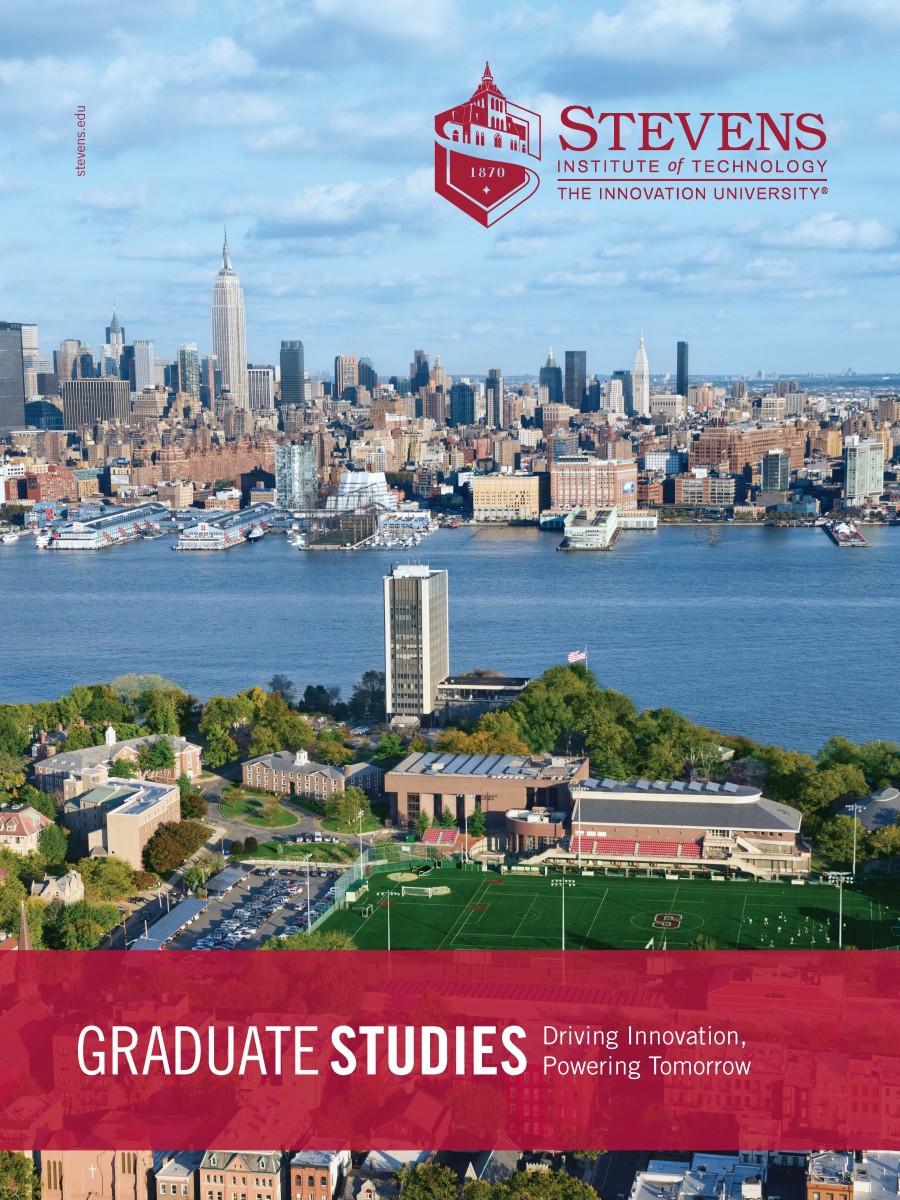Career Education Requirements: Essential Considerations for Your Professional Journey
Understand the full scope of career education requirements
When map out your professional future, the education and training requirements for your desire career path represent critical decision factors. These requirements go far beyond but know what degree you need. Make informed choices about your career preparation demand awareness of several key elements that can importantly impact your success, financial stability, and job satisfaction.
Time investment requirements
One of the about fundamental considerations when evaluate career education is the time commitment involve. Different career paths demand immensely different time investments:
- Trade certifications may require several months to a year
- Associate degrees typically take two years
- Bachelor’s degrees mostly require four years
- Advanced professional degrees (medical, law, etc. )can demand 7 10 + years
Beyond the initial education, many careers require ongoing professional development. Healthcare professionals, teachers, and many licensed professionals must complete continue education units (ccues)to maintain their credentials. Understand this long term time commitment help you realistically plan your career trajectory.
Financial costs and return on investment
The financial aspects of career education extend beyond tuition fees. When evaluate the true cost of your education, consider:
Direct educational expenses
- Tuition and fees
- Books and course materials
- Technology requirements
- Certification exam costs
- Professional association memberships
Indirect costs
- Living expenses during study periods
- Potential income foregone while study
- Interest on student loans
- Relocation costs for specialized programs
Evenly important is understood the return on investment (rROI)your education will provide. Research start salaries, mid career earnings, and career ceiling in your choose field. Some high investment careers like medicine may have substantial upfront costs but offer significant long term financial rewards, while others may provide quicker entry into the workforce but with more modest earn potential.
Accreditation and quality of educational programs
Not all educational credentials carry equal weight in the job market. Employers and licensing boards oftentimes require degrees from accredited institutions. When research educational options, verify:
- Institutional accreditation (regional or national recognition )
- Program specific accreditation (specially important for healthcare, engineering, education, and business programs )
- Recognition by relevant professional organizations
- License exam pass rates for programs in regulated professions
- Job placement statistics for graduates
Choose a non accredited program might save money initially but could gravely limit your employment options or require additional education former.
Prerequisite knowledge and skills
Many advanced educational programs have specific prerequisites that you must complete before gain admission. These might include:
- Foundation courses in mathematics, sciences, or humanities
- Standardized tests (gGRE mMCAT lLSAT gGMAT)
- Prior to work experience in related fields
- Portfolio requirements (specially for creative fields )
- Language proficiency requirements
Understand these prerequisites others allow you to plan your educational path expeditiously, avoid delays or the need to backtrack to fulfill miss requirements.
Learning modalities and your personal learning style
Educational programs deliver content through various formats, and match these to your learning preferences can importantly impact your success:
- Traditional in person classroom learning
- Online or distance education
- Hybrid approaches combine online and in person elements
- Hands on apprenticeships or clinical rotations
- Self pace vs. Cohort base progression
Consider how you learn virtually efficaciously. If you thrive on direct interaction with instructors and peers, a full online program might present challenges despite its convenience. Conversely, if you require flexibility due to work or family obligations, traditional programs with rigid schedules might prove impractical.
Industry relevance and currency
The pace of change in many industries mean that educational content can rapidly become outdated. When evaluate programs, assess:
- How oftentimes curriculum is updated
- Faculty connections to current industry practices
- Integration of emerge technologies and methodologies
- Opportunities for internships or practical experience
- Availability of the latest tools and resources use in the field
Programs with strong industry partnerships oft provide more relevant training and intimately networking opportunities that can facilitate your transition into the workforce.
Licensing and certification requirements
Many professions require more than exactly complete an educational program — they demand specific licensing or certification. These requirements vary by:
- Profession (healthcare, education, law, engineering, etc. )
- Geographic location (state by state variations are common )
- Specialization within broader fields
Research these requirements exhaustively before commit to an educational path. Will ensure that your choose program will adequately will prepare you for any required licensing exams and that it meet the educational prerequisites for certification in your will intend practice location.
Career flexibility and transferability of skills
The modern career landscape oftentimes involves multiple job changes and flush career pivots. When consider educational investments, evaluate:
- How specialized vs. Generalizable the skills you will acquire are
- Whether credentials will be will recognize across different industries
- Geographic mobility limitations (state specific licensing )
- Potential for career advancement or lateral moves
- Options for adding complementary credentials former
Some extremely specialized training programs may offer direct entry into specific roles but limited flexibility if your interests change. More generally applicable degrees might provide less immediate job specificity but greater long term adaptability.
Work-life balance considerations
Different careers demand different lifestyles, and the training paths oftentimes reflect these realities. Will consider how your education and subsequent career will affect:

Source: sundancecollege.com
- Typical working hours and schedule flexibility
- On call or emergency response requirements
- Geographic limitations or relocation necessities
- Physical demands or health considerations
- Family and personal life compatibility
Medical residency programs, for instance, are notorious for their demand schedules, while certain its certifications might lead to careers with greater remote work possibilities. Your education should prepare you not but for the technical aspects of your work but besides for the lifestyle itentailsl.
Networking and professional development opportunities
The connections you form during your education oftentimes prove equally valuable as the formal curriculum. Evaluate programs base on:
- Alumni networks and their strength in your target industry
- Mentorship opportunities with experienced professionals
- Industry partnerships and recruitment relationships
- Professional association connections
- Internship and co op placement assistance
Programs with strong professional connections oftentimes facilitate smoother transitions into the workforce and provide ongoing career support throughout your professional journey.
Personal aptitude and interest alignment
Peradventure virtually fundamental is whether your choose educational path aligns with your natural abilities and genuine interests. Consider:
- Your natural strengths and how they match with program requirements
- Whether the day-to-day work in your target field energize you
- If the values of the profession align with your personal values
- How advantageously you handle the specific stressors common in the field
- If you find the core subject intrinsically interesting
Yet the well-nigh prestigious or lucrative career path will prove unsustainable if it essentially will misalign with your aptitudes and interests.

Source: jobretro.blogspot.com
Alternative pathways and non-traditional options
Traditional degree programs aren’t the only route to many careers. Be aware of alternative pathways such as:
- Apprenticeships and on the job training
- Boot camps and intensive short term training
- Self direct learning with industry certifications
- Military training and veterans’ programs
- Employer sponsor education and training
These alternatives oftentimes provide more direct pathways to employment with lower upfront costs, though they may offer different long term career trajectories than traditional educational routes.
Make your decision: a holistic approach
When evaluate career education requirements, avoid focus solely on any single factor. Alternatively, will consider how these elements will interact to will form a complete picture of what your educational journey will entail. The ideal career preparation path balances:
- Practical considerations (time, cost, logistics )
- Career outcomes (employment prospects, earnings potential )
- Personal factors (learn style, interests, lifestyle preferences )
Take time to speak with professionals already work in your target field about their educational experiences and what they might do otherwise in retrospect. Their insights oftentimes reveal aspects of career preparation that formal program descriptions omit.
Conclusion: inform decisions lead to better outcomes
When consider the education and train a career require, you must be aware of the multifaceted nature of this investment. Beyond the basic credentials, understand the full scope of time commitments, financial implications, learn environments, and lifestyle impacts allow you to make choices align with both your professional ambitions and personal realities.
The virtually successful career journeys typically begin with thorough research and honest self assessment. By cautiously evaluate all aspects of your potential educational path before commit, you position yourself for not but career success but too personal fulfillment in your choose profession.



